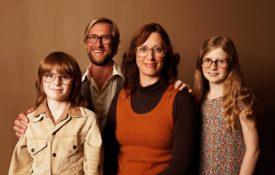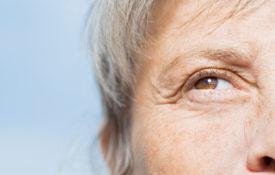-

New Content From Current Directions in Psychological Science
A sample of articles on computational models and psychological measurement, clinical applications of digital technologies, infants’ everyday experiences, trajectories of anxiety and depression, language acquisition, a new way of studying psychopathology, group-based control, binocular rivalry, and aging and digital technology use.
-

New Research in Psychological Science
A sample of research on language and counting, pain as social glue, perinatal conditions and gender nonconformity, constellations across cultures, generations and personality, attachment and hearing, app usage and identity, and sexism identification.
-

Personality and Birth Cohort: Does the Decade Make a Difference?
The generation people are born in might predict their personality traits and how they change as they grow older, this research suggests.
-

New Research in Psychological Science
A sample of research on incel activity on social media, the gender-equality paradox in chess, sources of regret, personality structure across nations, feedback and decision-making, early socioeconomic circumstances and physical activity in older adults, stopping actions, and mathematical ability.
-

Breaking the “Curse of Knowledge”: Older Adults’ Supposedly Reduced Theory of Mind Might Reflect Experimental Demands
Findings indicating a decline in older adults’ theory of mind abilities may have been exaggerated by the cognitive demands of certain experimental designs.
-
Losing Your Keys Doesn’t Mean You’re Losing Your Mind. Here’s How to Find Your Stuff.
Sasha Bradford doesn’t have time to lose things. She’s a working mom with lots of hobbies, and when she misplaces her keys or important papers — or leaves a favorite purse at a restaurant —

